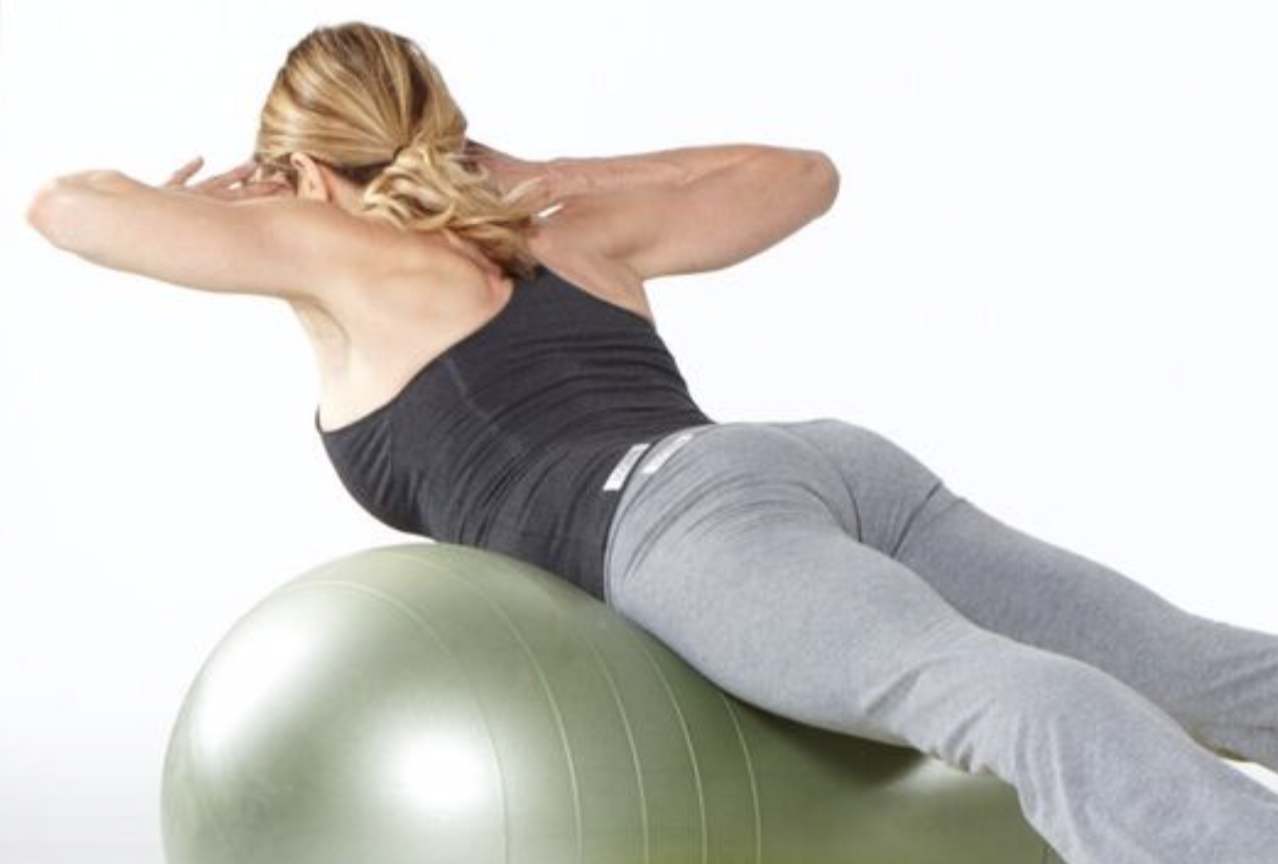Tricks + Treats To

PREVENT OSTEOPOROSIS
Maintaining the health of your bones is a lifelong adventure that starts in your 20s, 30s, or 40s. After hitting the big 3-0, your bone mass stops playing the growth game. Instead, it’s your lifestyle choices and habits that can either turn your bones into unbreakable superheroes or fragile figurines.
First things first, let’s talk calcium, the must-have nutrient for your bones. How much do you need to keep your skeleton in tiptop shape? Well, it depends on your age:
- 0-6 months = 200 mg
- 7-12 months = 260 mg
- 1-3 years = 700 mg
- 4-8 years = 1000 mg
- 9-13 years = 1300 mg
- 14-18 years = 1300 mg
- 19-50 years = 1000 mg
- 51-70 years = 1000 mg for men; 1200 mg for women
- 71+ years = 1200 mg
7 Calcium-Rich Foods
When you hear calcium, you probably think about milk. But there are a variety of ways to incorporate calcium into your life, especially if you’re following a plant-based diet. Say hello to these calcium-rich plant pals:
Green Leafy Vegetables:
- 1 cup loose kale = 53 mg
- 1 cup mustard greens = 64 mg
- 1 cup romaine lettuce = 21 mg
Beans & Legumes:
- ½ cup canned kidney beans = 45 mg
- ½ cup chickpeas = 80 mg
- ½ cup cooked black beans = 40 mg
- ½ cup cooked lentils = 20 mg
- ⅔ cup green peas = 40 mg
Broccoli:
- 1 cup raw broccoli florets = 35 mg
- ½ cup cooked chopped broccoli = 31 mg
Whole Grains:
- 1 cup cooked quinoa = 31 mg
- 1 cup cooked oatmeal = 21 mg
- 1 cup cooked amaranth = 116 mg
Dried Fruit:
- ¼ cup dried figs = 57 mg
- 5 dried apricots = 20 mg
- 1 box (28 g) raisins = 20 mg
Seeds and Nuts:
- 2 Tbsp chia seeds = 177 mg
- 2 Tbsp sesame seeds = 176 mg
- 1 oz almonds = 75 mg
- 1 oz hazelnuts = 56 mg
- 1 oz tahini = 42 mg
Soy Foods: (go organic to steer clear of GMOs)
- ½ cup edamame = 80 mg
- 3 oz tofu = 150 mg
- 1 cup tempeh = 184 mg
A typical amount to take is 2,000 IU per day of vitamin D3, or cholecalciferol. Some people find they do better with 5,000 IUs per day.
Vitamin K, both in its K1 and K2 forms, helps regulate calcium distribution, ensuring it finds its way into your bones instead of lingering in your bloodstream or organs.
Vitamin B12, though often overlooked, is a crucial component for bone health, with deficiencies increasing the risk of osteoporosis.





